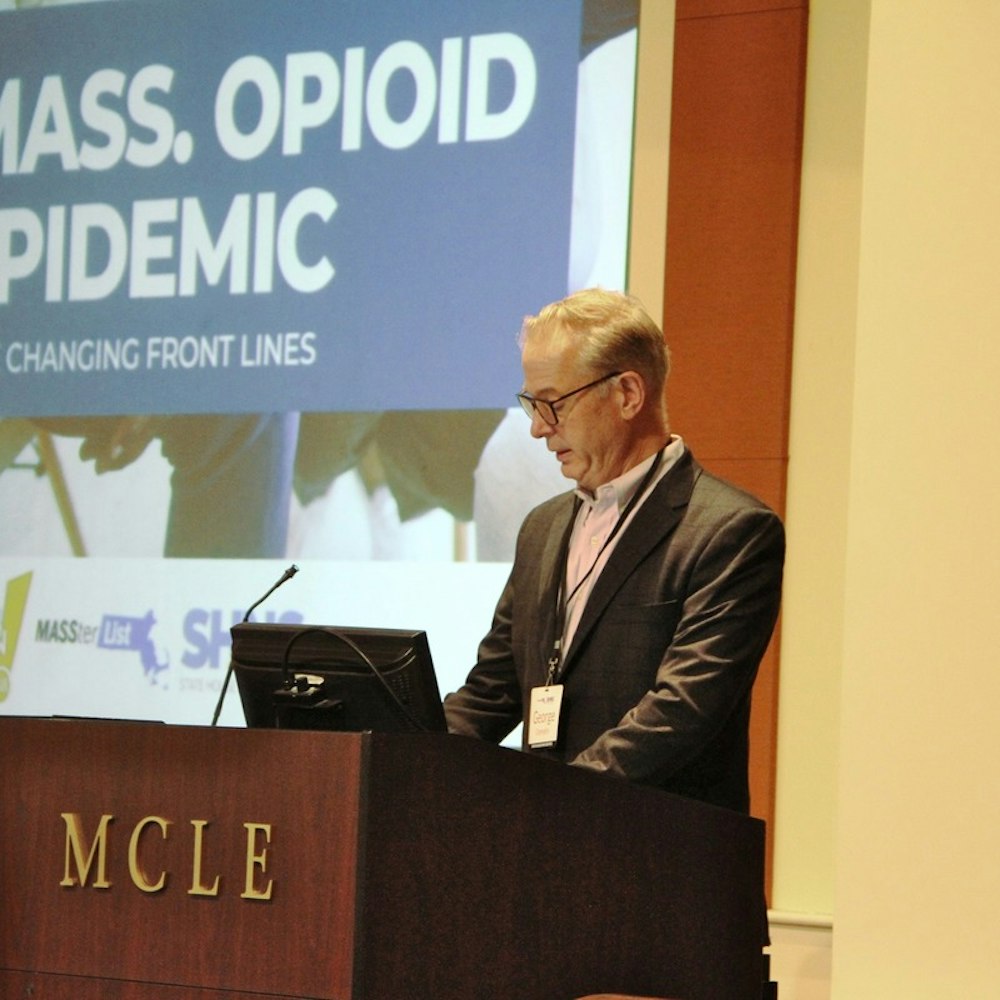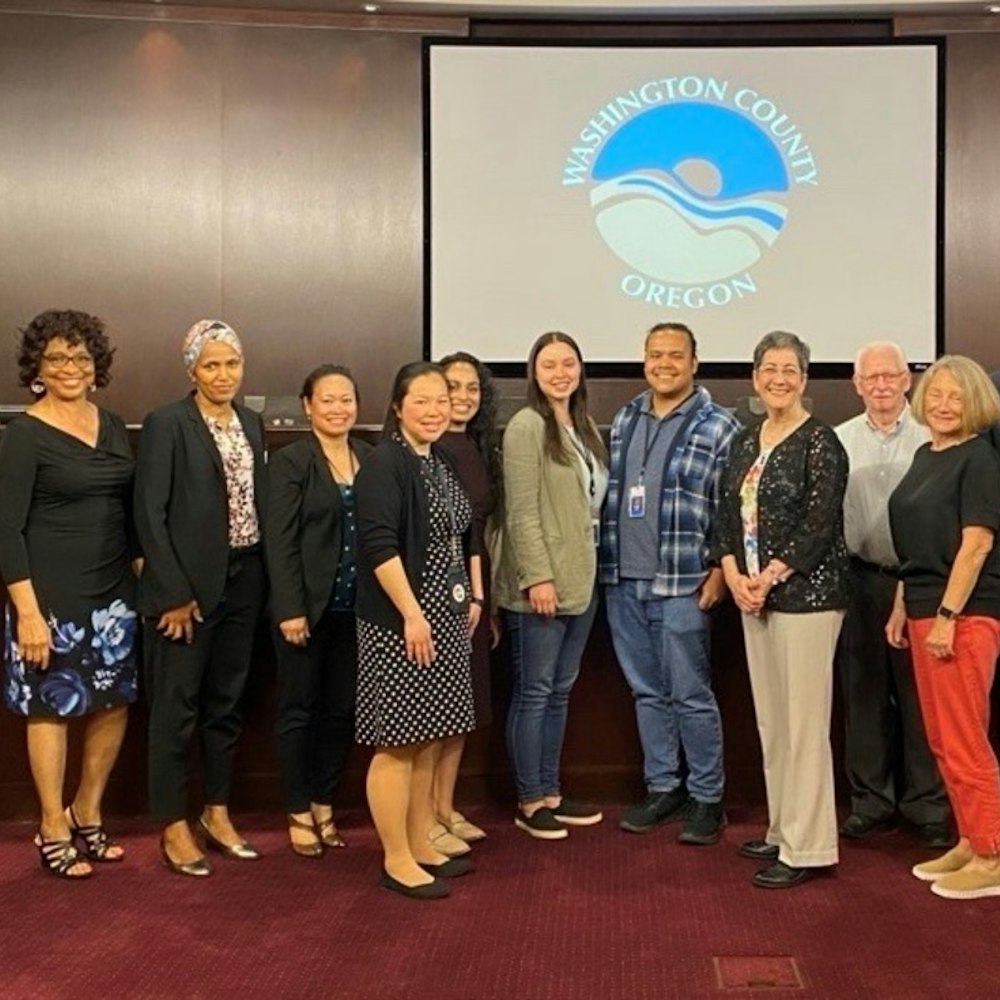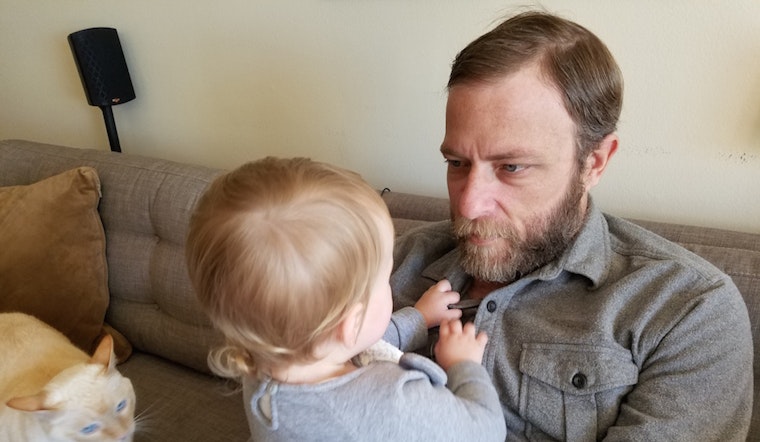
As a new father, Charlie Paulson's first Father's Day last year should have been a time of celebration. Instead, he spent the holiday in the emergency room as his kidneys failed.
Now, the Outer Sunset native is seeking a living kidney donor, his best chance for recovery from a disease that has shadowed much of his life since it was first discovered at age 16.
Paulson has polycystic kidney disorder (PKD), which leaves his kidneys riddled with large cysts. His kidneys are triple their normal size—"the size of a football," he says, when they should be the size of fists. As the cysts grow, the more they inhibit the function of the kidneys.
"They're pushing my other organs out of the way...there's no room left," he says, gesturing to his stomach, which has been pushed out because of the expansion of his kidneys. "[When the kidneys rupture], it feels like I have the flu without symptoms. It's the heavy body feeling, and there's also blood in my urine for one to two weeks."
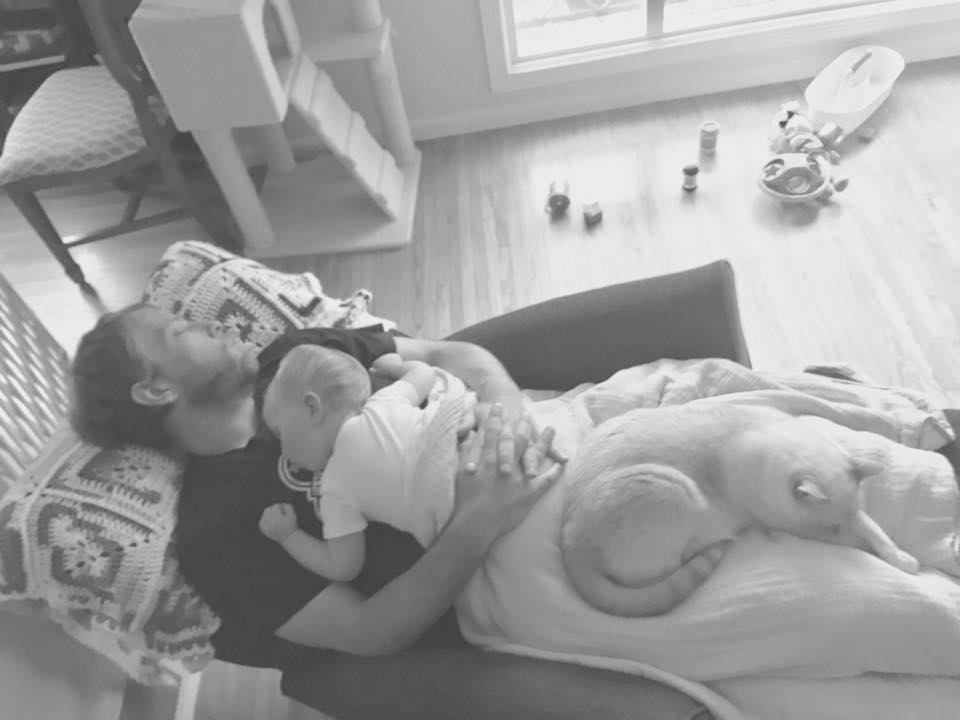
To manage his condition, he undergoes dialysis at home 25 hours a week. And while fighting through low energy levels, he trains to become a certified high school teacher. Currently, Paulson is teaching two math classes at A.P. Giannini Middle School.
Paulson has now been on the United Network for Organ Sharing (UNOS) database waiting for a living kidney donor for over three years. He has a particularly aggressive form of the disease that has accelerated the need for a kidney donor, which usually isn't needed in most cases until the patient is 60. Paulson is 34.
Because of the aggressive nature of his case and complications that would lead to failure of the transplanted kidney, Paulson is in need of a living donor—rather than a deceased donor.
As a genetic disorder, PKD runs in his family. Paulson's father died of complications at 41. Both his brother and his 16-year-old niece also have it.
"It's more aggressive in men than women," he noted, "And in me, it's more aggressive than other cases."
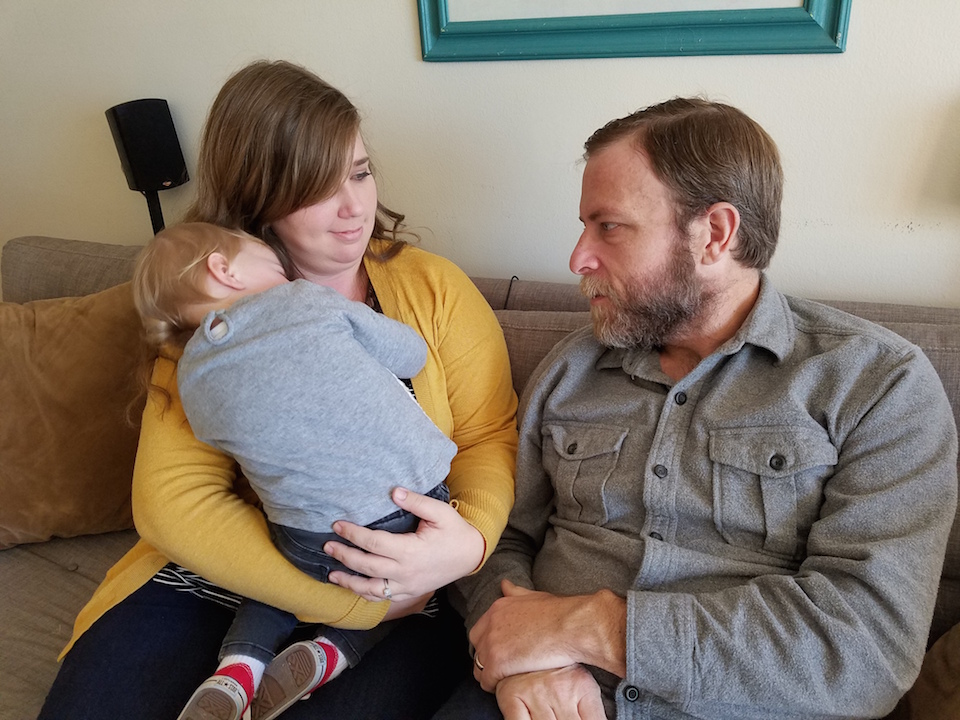
The disorder has complicated his life, especially with a young daughter, Alice. It also prompted difficult discussions between Paulson and his wife, Ashley Summers, herself a native Outer Sunset resident who works as a legislative aide for Supervisor Katy Tang. Although they grew up a block away from each other in the Outer Sunset, the two first met while both were working at Sloat Garden Center.
As their relationship progressed, Paulson's kidney disease, and the fact that it was an inherited disorder, became an issue. "He told me that there was a 50/50 chance that our kids would have it," she said.
"I wanted to give her a heads up before anything else," he explains, giving her the opportunity to leave him. However, Summers refused, saying that she didn't want to live her own life without him.
All of this is a lot for a young family to manage, especially as Summers is shouldering care for both Alice and a husband who tires easily. "I'm the only person who can wake up in the middle of the night," she says. "I can't ask Charlie to wake up ... he needs his sleep."
They are pinning their hopes on a living kidney donor to come through, spreading the word to their friends and family and beyond through their Facebook group. For now, Paulson teaches and undergoes dialysis at home, hoping and waiting.
"I don't like asking for help," he admits. "But I can't do this without help, I can't grow a kidney by myself. I realize that this is a huge ask. People don't know how to react when you're sick."
To sign up as a potential kidney donor, fill out this form at UCSF Medical Center. Your information will remain confidential.
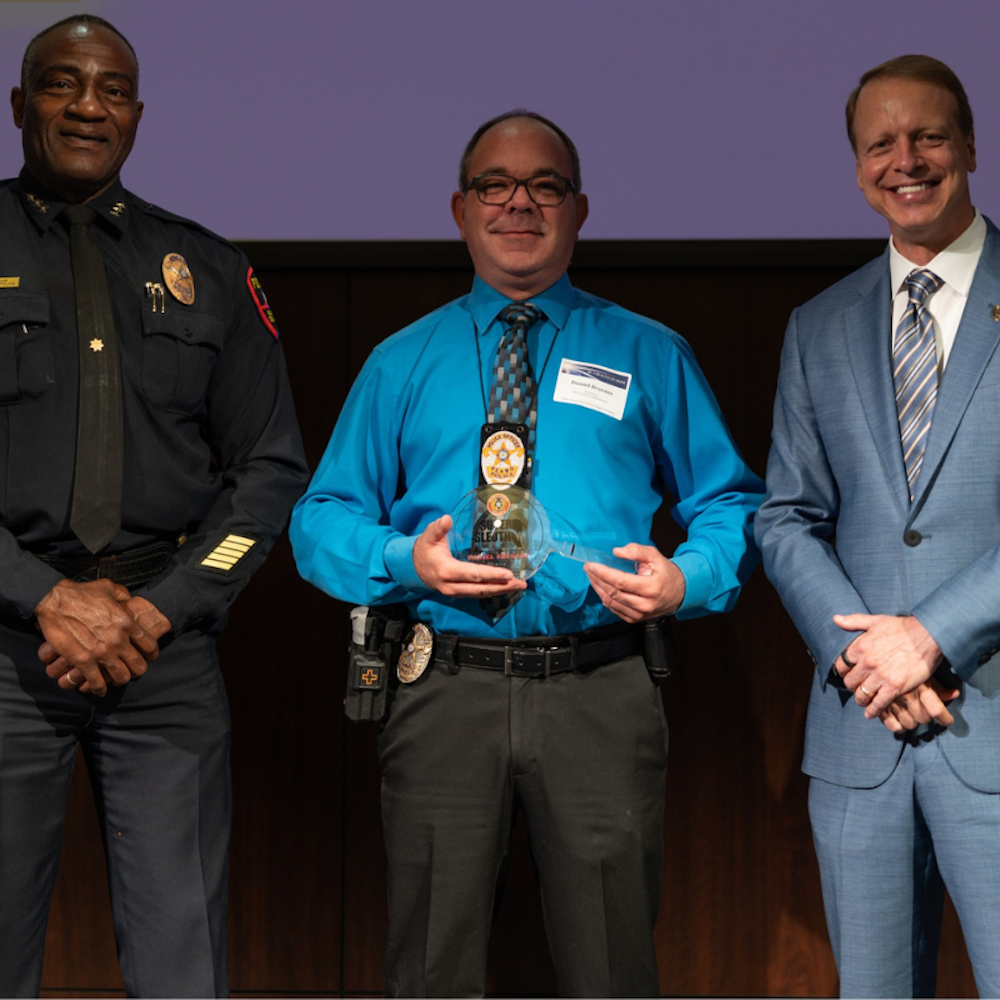
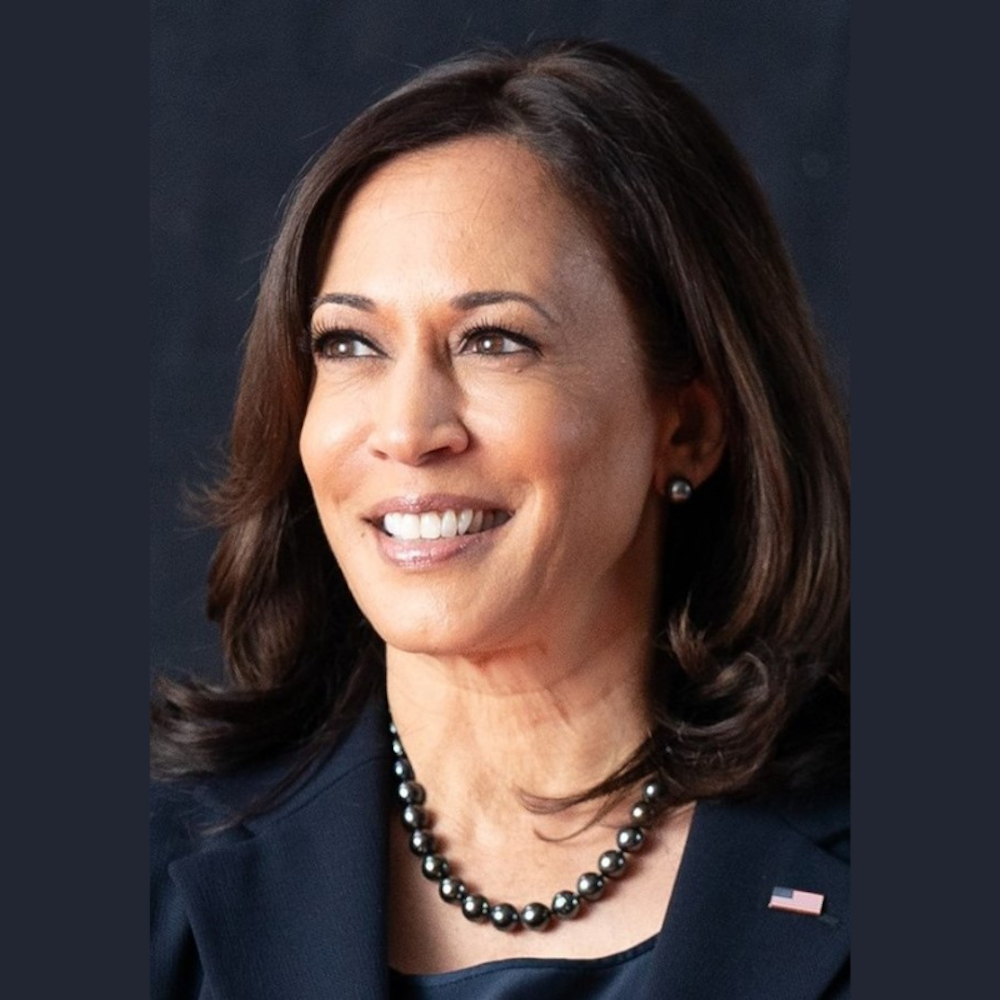
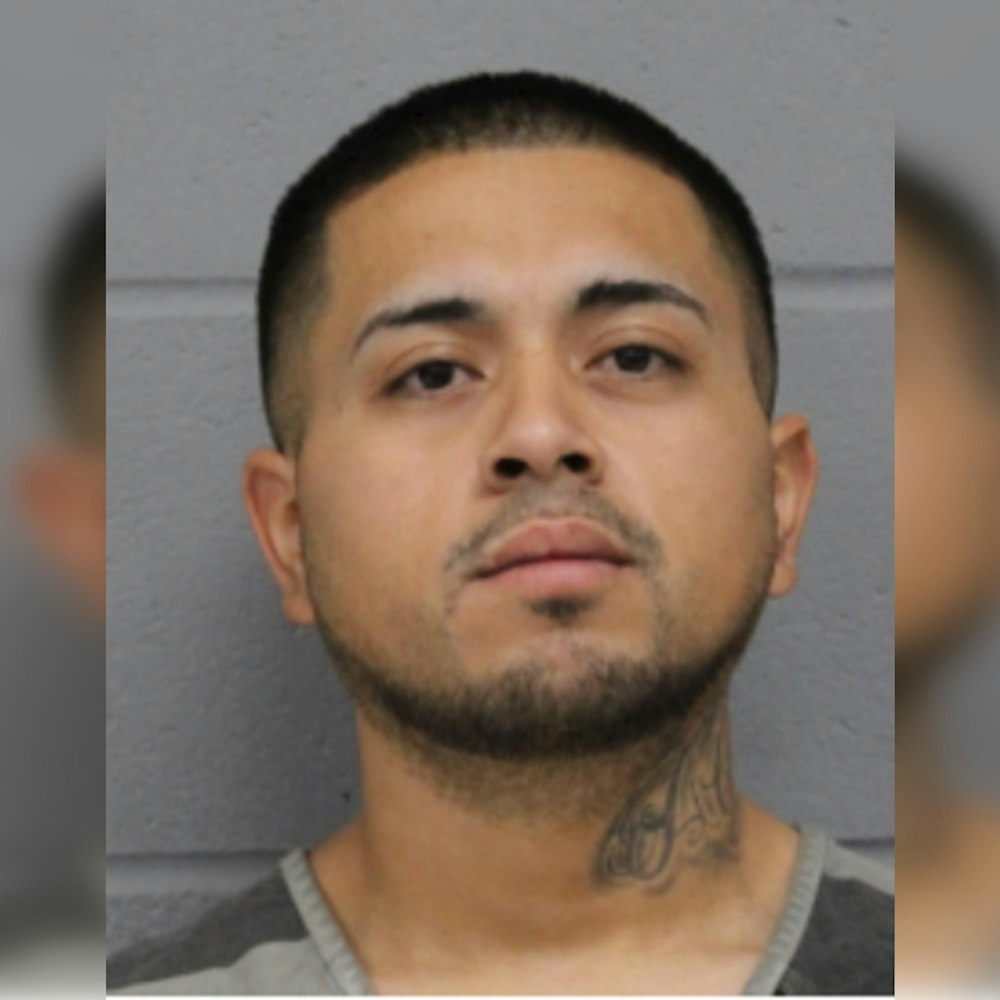
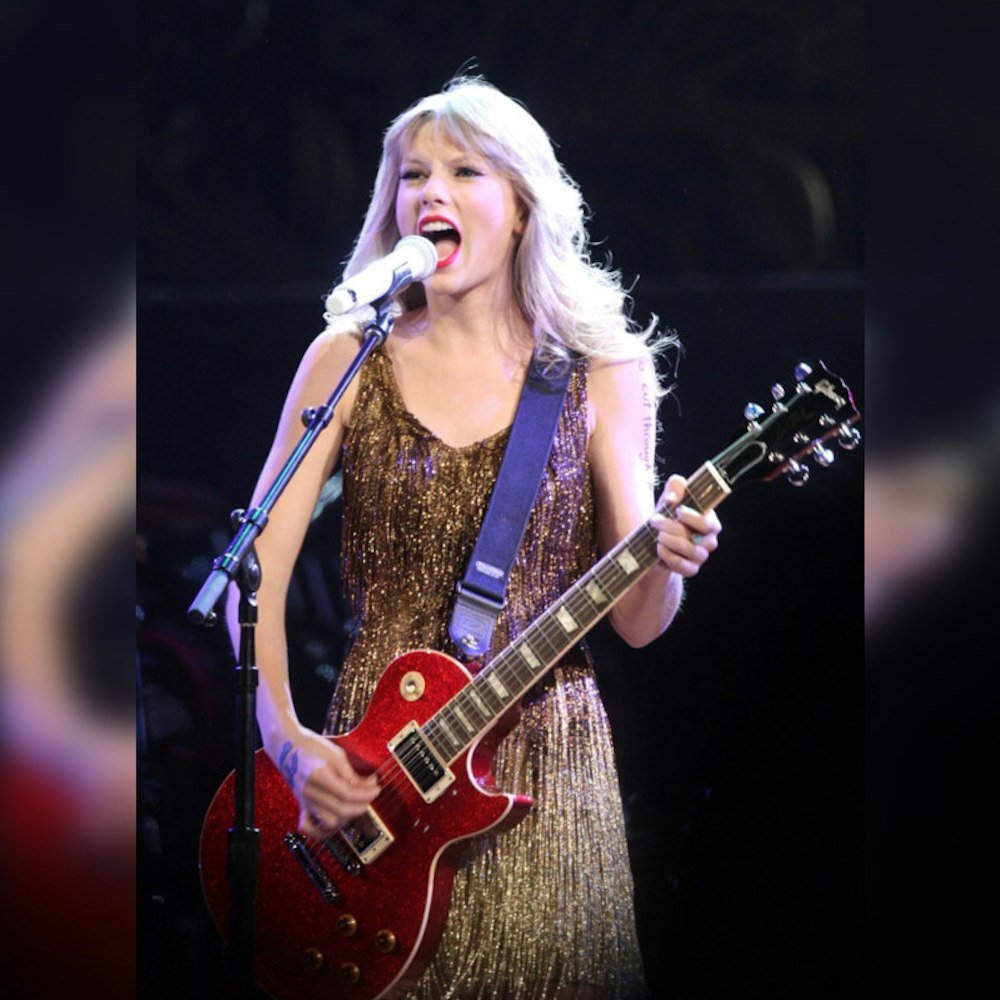
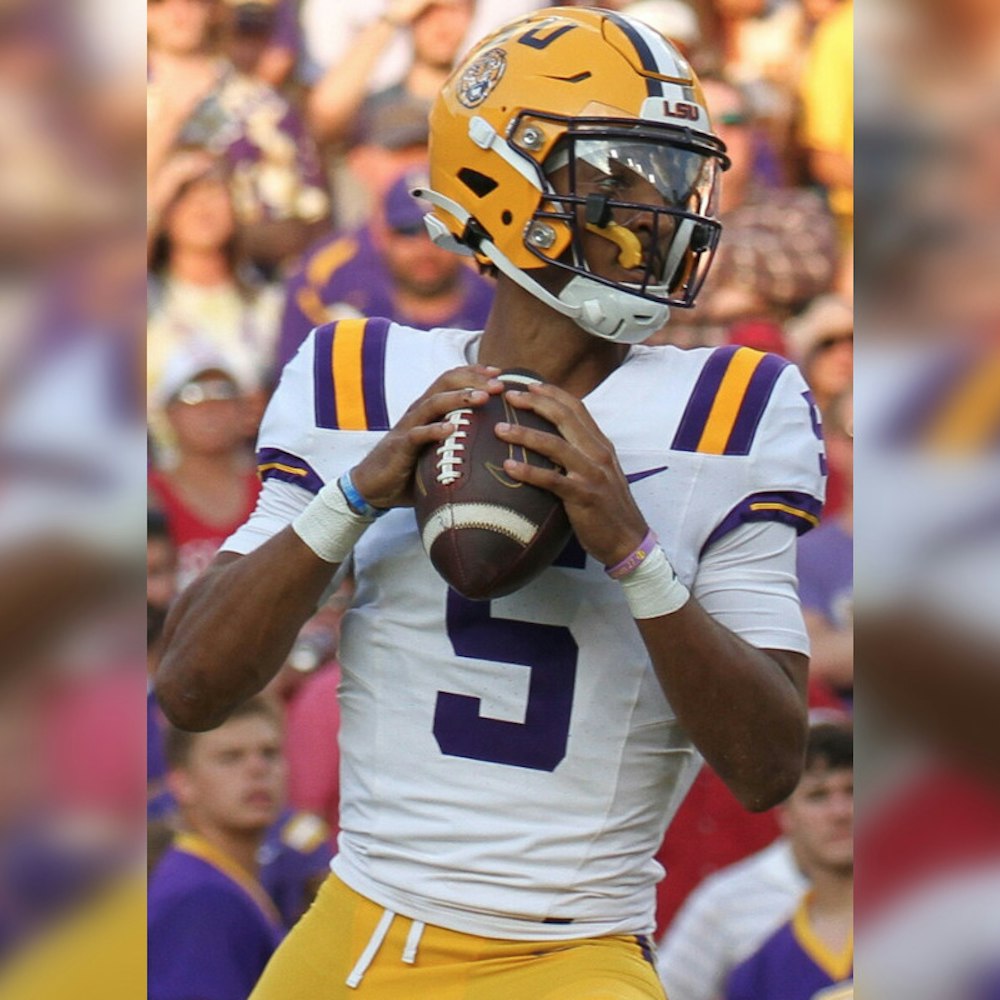

-1.webp?w=1000&h=1000&fit=crop&crop:edges)
